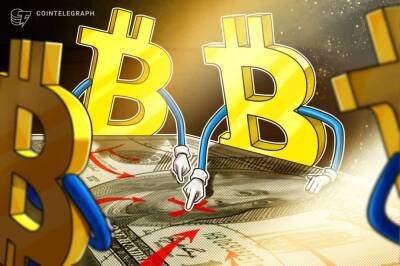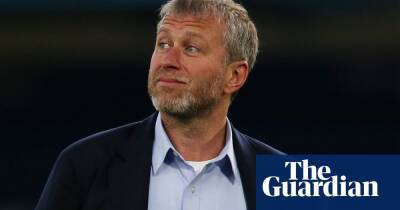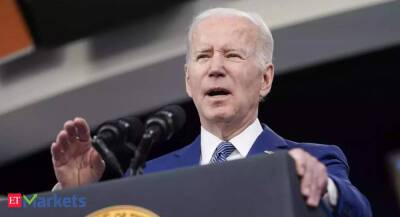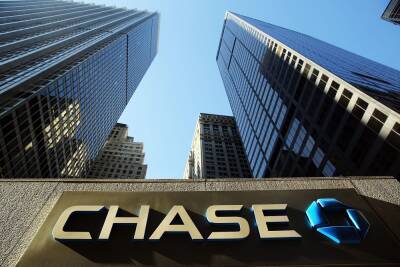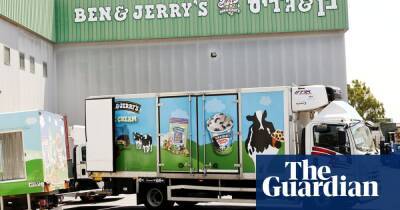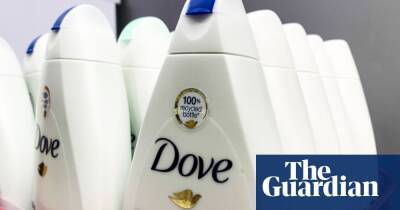Screeching U-turn as Unilever’s shareholders balk at $50bn GSK deal
Unilever’s plan A was to make a huge acquisition; plan B is not to make one, or at least not “for the foreseeable future”. Boardroom U-turns do not come much more screeching. Chief executive Alan Jope referenced a “strong message” from shareholders about their opposition to a £50bn tilt at GlaxoSmithKline’s consumer products division, but could equally have described the corporate equivalent of a riot in the ranks. Boards are expected to know when the investors have zero appetite for a “transformational” deal.
Drawing a line under the GSK misadventure won’t be easy, and will require more than a peace offering in the form of a two-year €3bn share buyback. At least the numbers for 2021 were a reminder of the basic solidity that comes with owning an international portfolio of big brands. At 4.5%, Unilever’s rate of underlying sales growth was the fastest for nine years, even if 2021 was a recovery year (especially in China and India) and many peers will be doing better.
Jope should also have a half chance of quietening the grumbles about Unilever’s supposed obsession with seeking purpose in mayonnaise and suchlike. Come on, it’s the wrong complaint. Modern consumers, if not grizzly fund managers, expect brands to have a view on issues like food waste. Unilever’s problem isn’t “purpose” or “sustainability”; it’s the failure to convert those credentials into superior profits in the way that, say, Nestlé does.
Still, that entire debate looks trivial compared to what’s coming down the track – a serious bout of input cost inflation. In recent years, €100m-€200m has been the annual norm at Unilever, the sort of sum that can be lost in the wash of regular efficiency programmes. Now it’s staring at €3.5bn for 2022. Cue a warning that
Read more on theguardian.com


